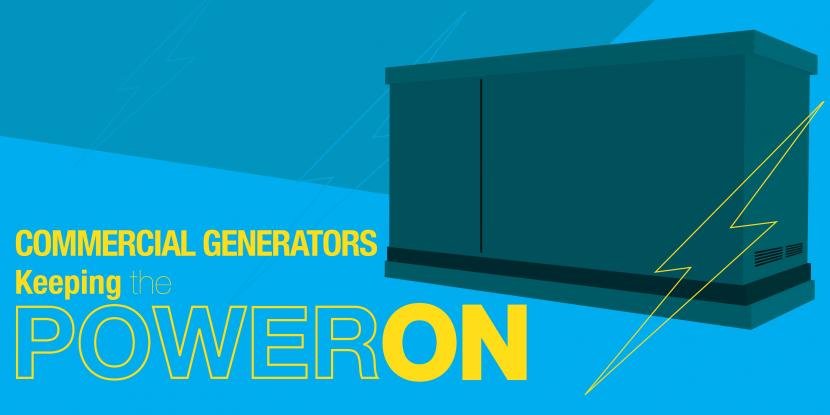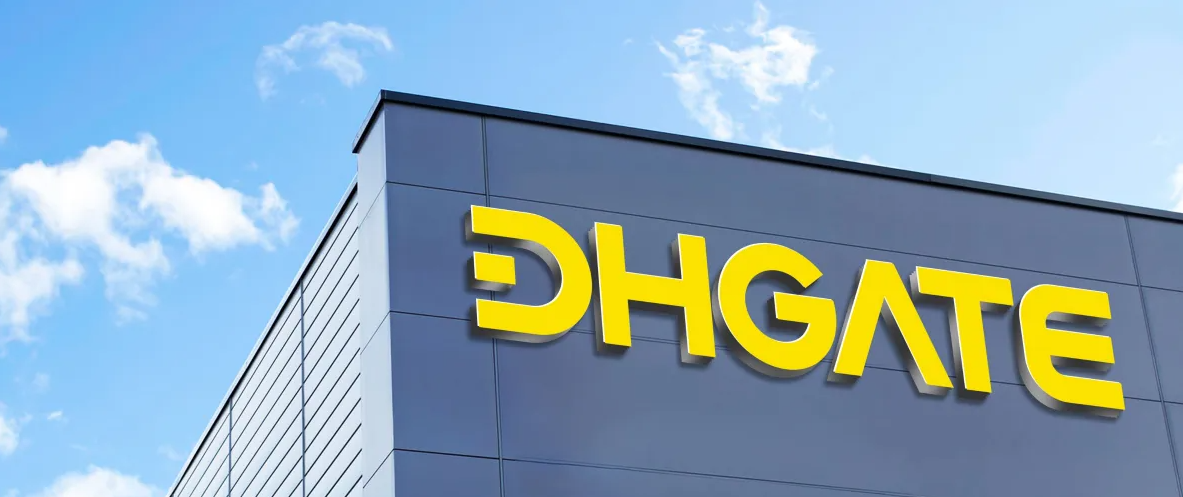
[ad_1]
Just because you’re out of power, expenses from facilities and employees don’t stop incurring. Forty-eight hours without power can be the difference between success and failure. Fortunately for you, you can prepare for these situations with the help of a commercial generator. More affordable than ever before, generators can prevent diminishing profits from power outages from forcing your doors closed, possibly paying for themselves in a single outage by keeping customers happy, revenue flowing, and the situation safe.
More than a simple convenience…
The benefits of commercial generators go beyond electrical comforts, ensuring not only the safety of employees and customers, but the safety of security systems and computer data as well. Generators can also help you provide aid to a community in need, bolstering your reputation. In addition, generators minimize disruptions in day-to-day activity, preserving productivity and keeping doors open to your loyal customer base. Does your business have the advantage of a commercial generator?
There are many times a commercial generator could really pay off, such as:
•Unpredictable weather, including hurricanes, tornadoes, snow and ice storms, and storms with high wind and lighting.
•Natural disasters such as floods, fires, and earthquakes.
•Blackouts resulting from high electricity demands.
•Power outages resulting from animals, auto accidents, and the nation’s aging electrical system.
What type of commercial generator is best suited for your business?
Portable
•Relatively small so they can be moved on-site for temporary use, portable generators are typically rated no higher than 15 kilowatts and 240 volts. Electrical equipment is typically plugged directly into the generator, which is capable of powering a few appliances/equipment at a time. They cost less than permanent models, but have a short run time, requiring up to several refueling per day during long-term outages. Portable models are useful for small to mid-sized businesses, or those in remote locations. Using portable models is not recommended for businesses with sensitive electronic equipment, or those who need to power numerous large appliances or machines.
Permanent
•A permanently installed backup system capable of operating automatically upon signs of power loss, permanent generators is typically wired directly into your building’s electrical system through a generator transfer switch. Once the switch senses an outage, it isolates the wiring and items in need of power, and then transfers power needs to the generator. Once power is restored, the transfer switch then transfers back to the power source from your utility lines, turning off the generator. Permanent generators offer convenient, fuss-free emergency power for any sized business, and are capable of offering longer run times and higher power levels than portable models. They can also run on various fuels, allowing you to choose the most readily available source in your area.
Single versus three-phase
•Most smaller businesses (like homes) require only a single-phase generator, producing 240 volts, the same as the utility company supplies. Larger manufacturing companies, farms, and other businesses using heavy machinery may require three-phase power to adequately meet equipment/machinery needs.
Not sure what you need?
Determining the types of electrical items you will need in a power outage is essential to selecting the perfect generator to meet your business needs. Lucky for you, Mr. Electric® can help. Generate success for your business – contact Mr. Electric for your complimentary quote on professional generator installation today!
[ad_2]
Source link






